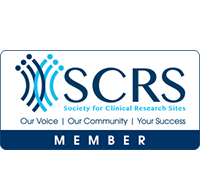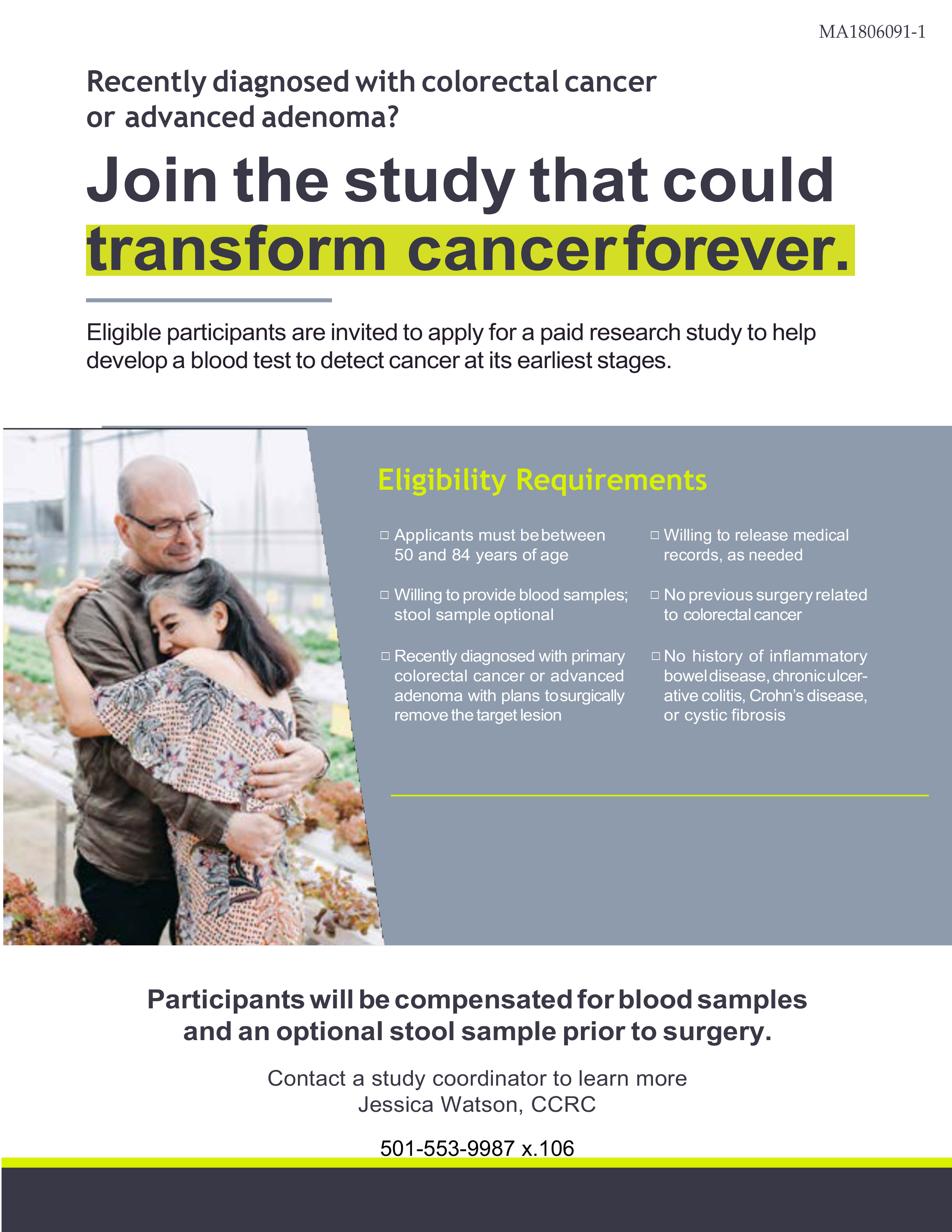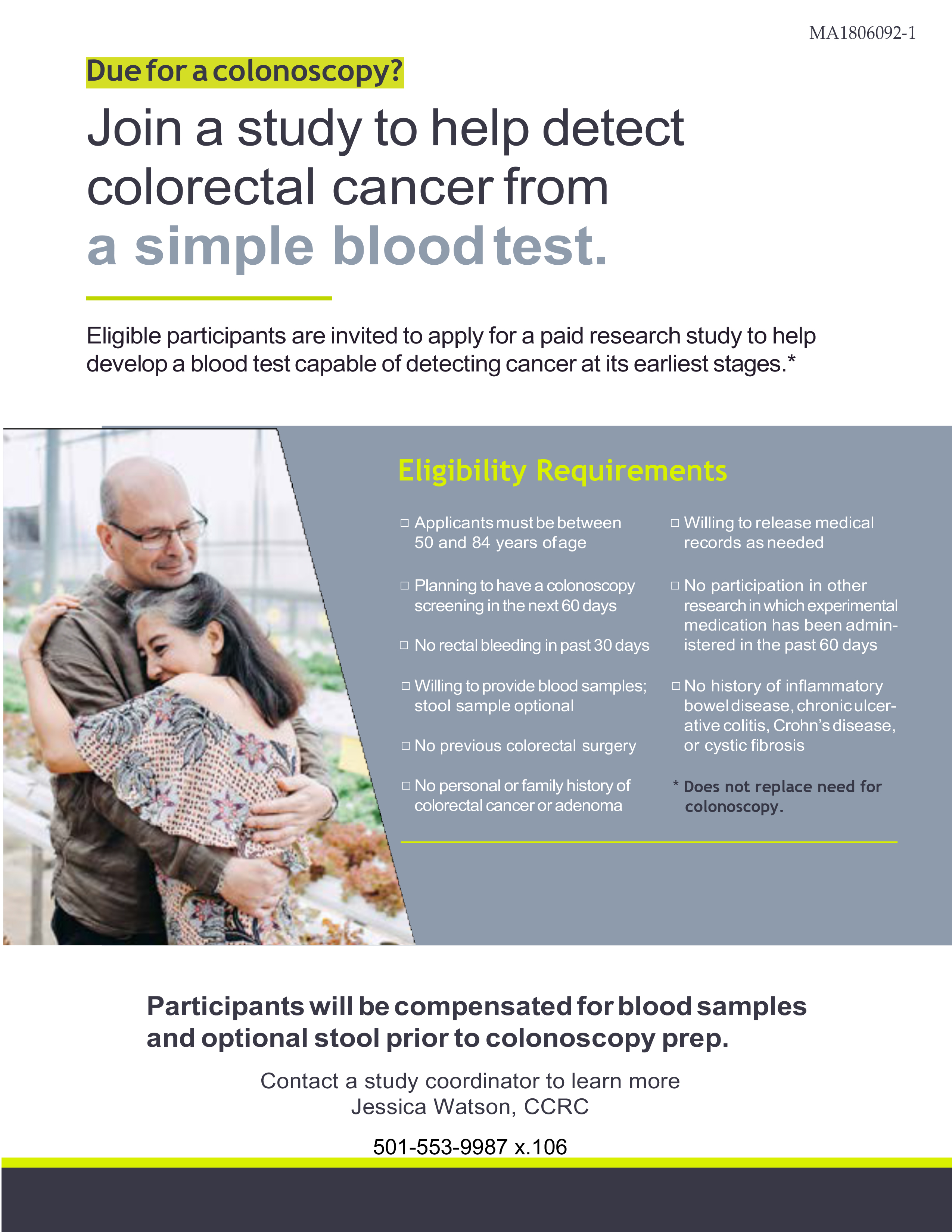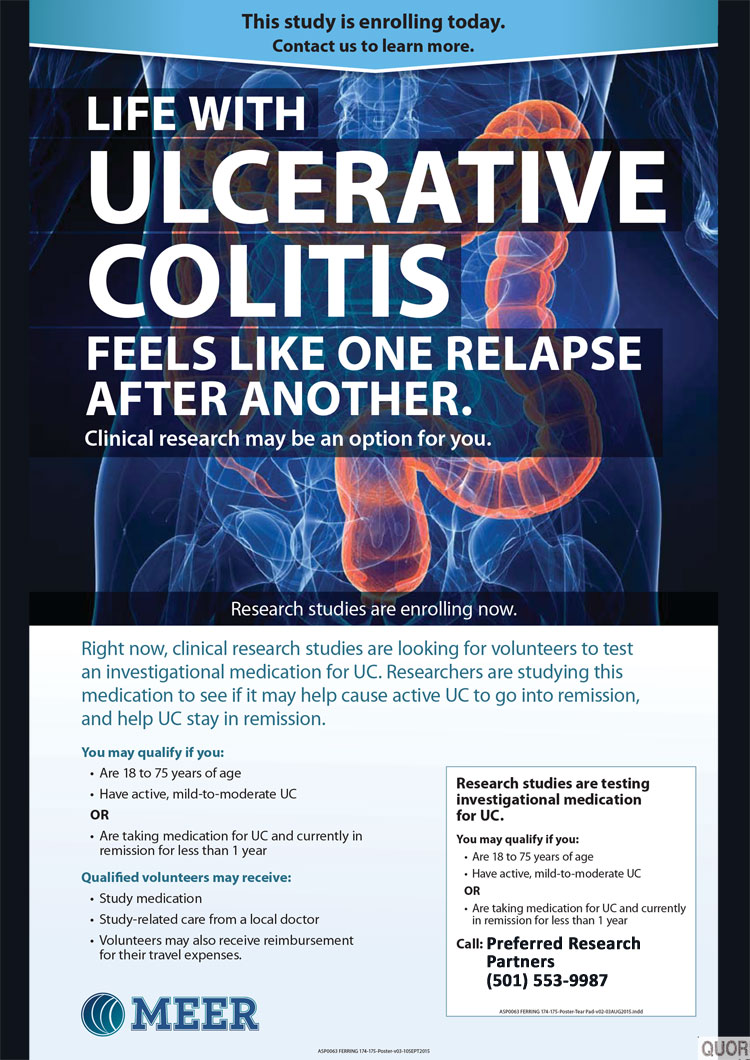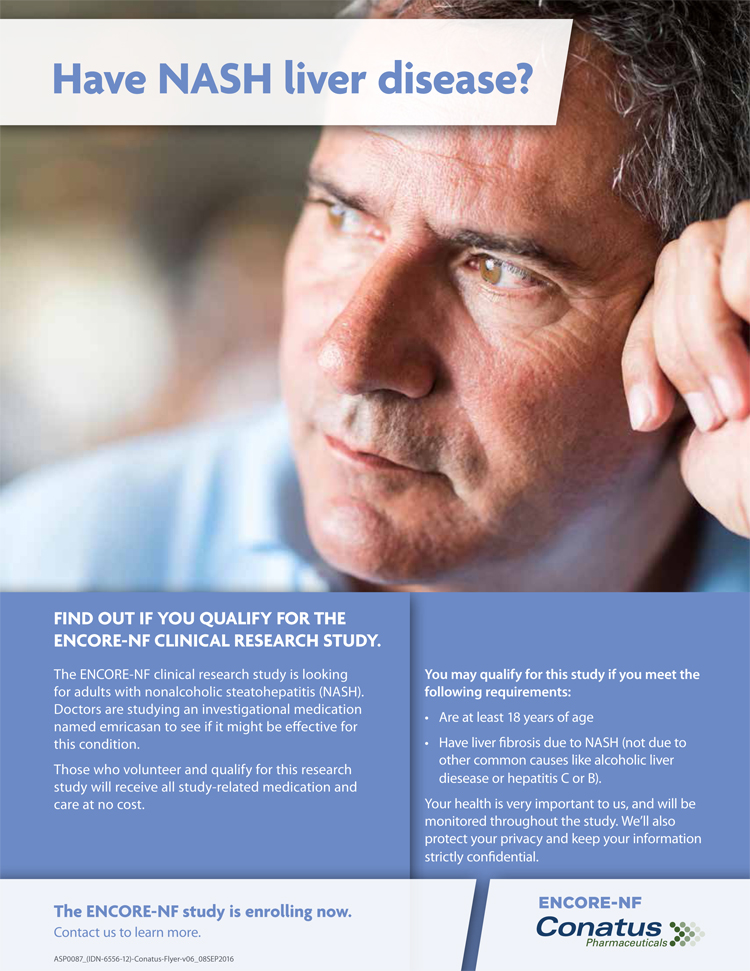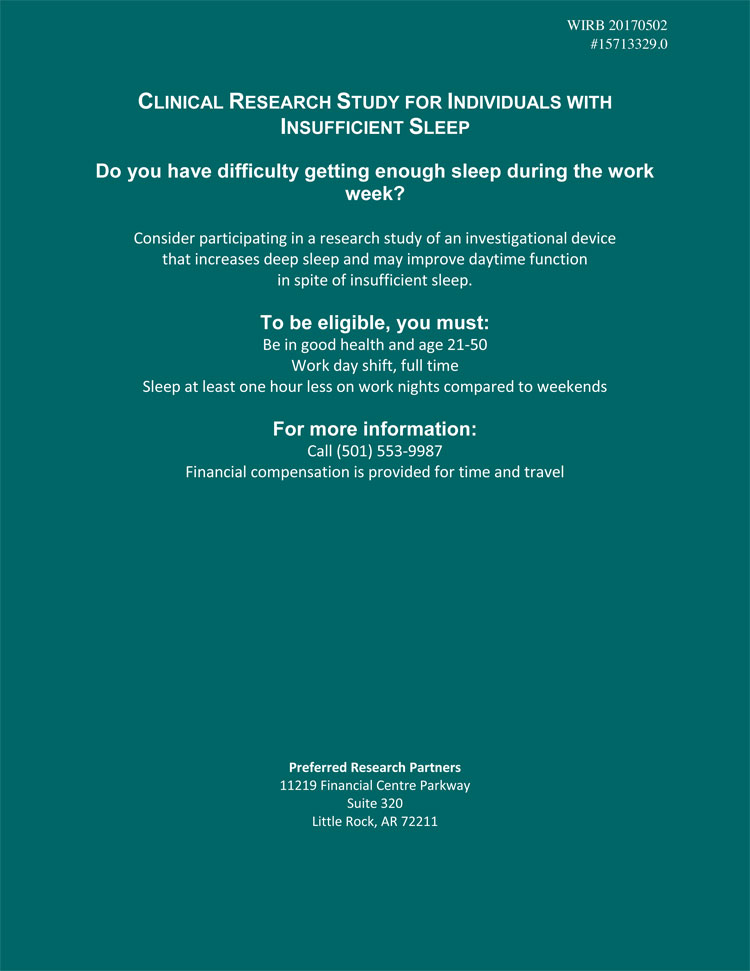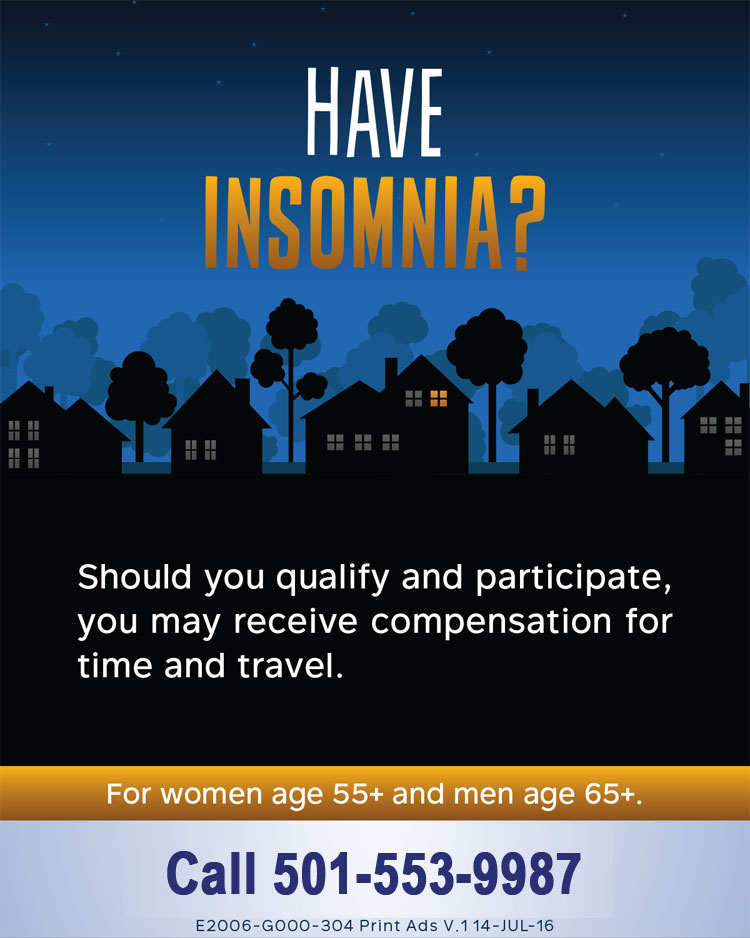What is GAD?
Generalized anxiety disorder, also known as GAD, can be defined as severe and ongoing anxiety that interferes with daily activities. GAD can affect people of all ages. Constant overthinking of worst-case scenarios and worrying about situations perceiving them as threatening, can happen to those who have GAD. Symptoms of generalized anxiety disorder may include:
- Psychological: severe anxiety or fear
- Behavioral: hypervigilance, irritability, or restlessness
- Cognitive: lack of concentration or unwanted thoughts
- Body: fatigue, lightheadedness, or sweating
- Also common: emotional distress, excessive worry, difficulty falling asleep, headache, nausea, palpitations, repeatedly going over thoughts, or trembling
How can I help my friend, family member, or loved one who has GAD?
- Educate. It is important to take this first step of educating yourself on what GAD is. Learning about the condition may be able to help you speak towards it, understand, or recognize the symptoms, and provide emotional support.
- Listen. To be an active listener is a strong and helpful trait to have. Listening to someone who has GAD and trying not to minimize their thoughts is a way to be supportive. Instead of telling them not to worry about it, say things without judgement such as “how can I be helpful?” or “I am here for you”.
- Patience. Be patient with them and try not to solve their problems or worries. We often turn toward problem solving while someone is in distress, but they may just be looking for emotional support for how they are feeling. It is important not to take on their problems and recognize that they are intelligent and competent enough to accomplish what they need.
- Take care of yourself. Along the way, it may become overwhelming to support someone who has GAD. Therefore, it will be important to practice self-care. This will allow you to recharge and make yourself a stronger support system for your loved one.
If you or your loved one live with generalized anxiety disorder (GAD), you may qualify to participate in a clinical trial. For more information, call us at 501-553-9987 or email info@preferredresearchpartners.com.



